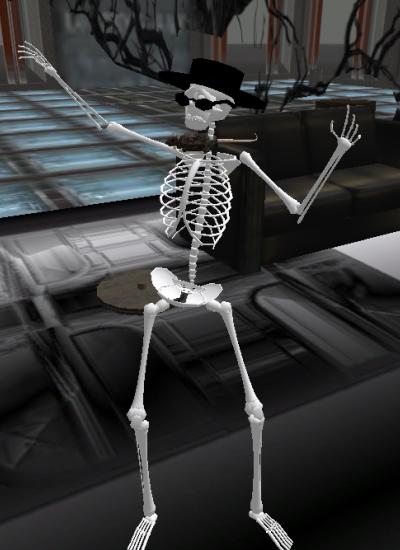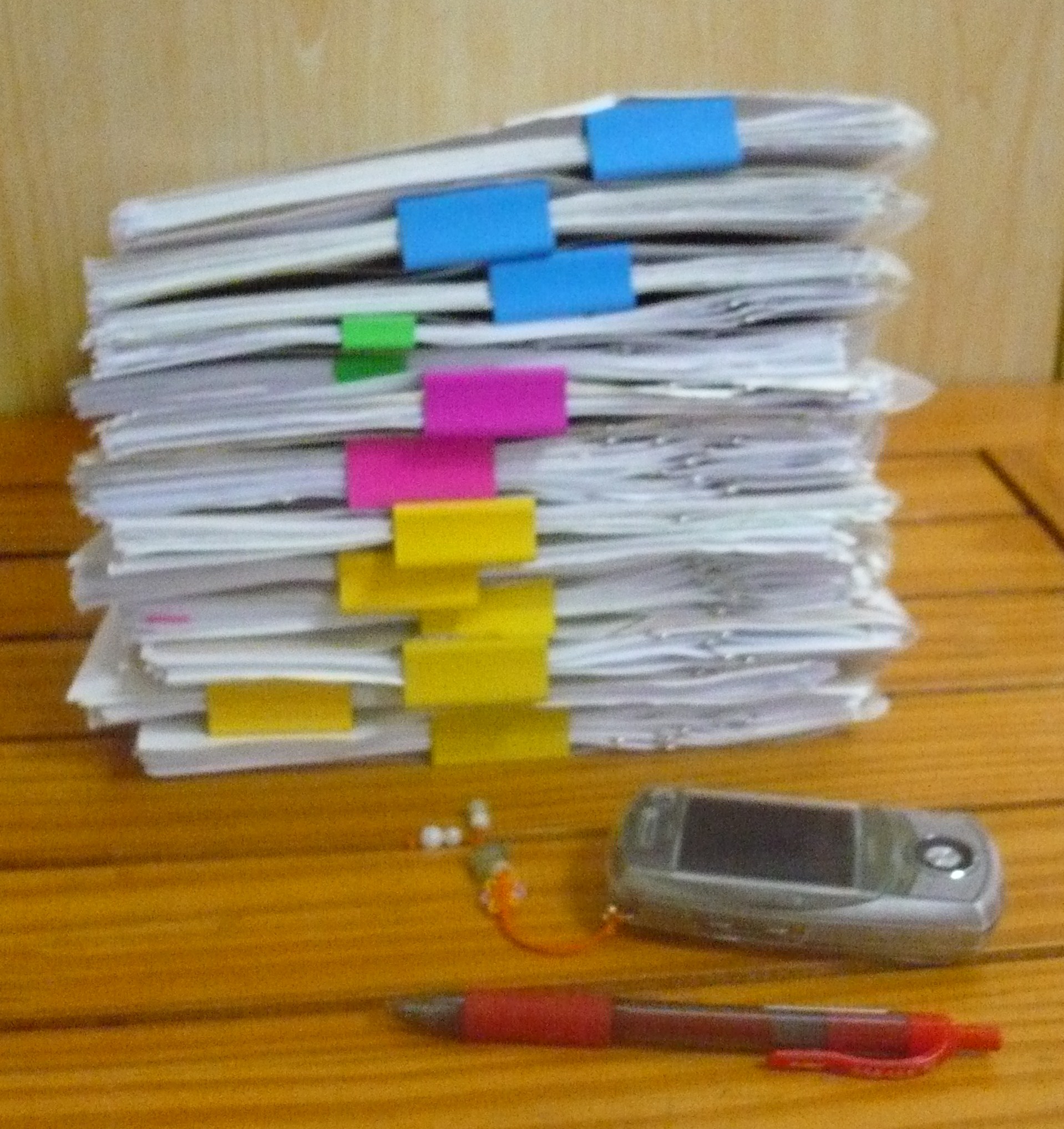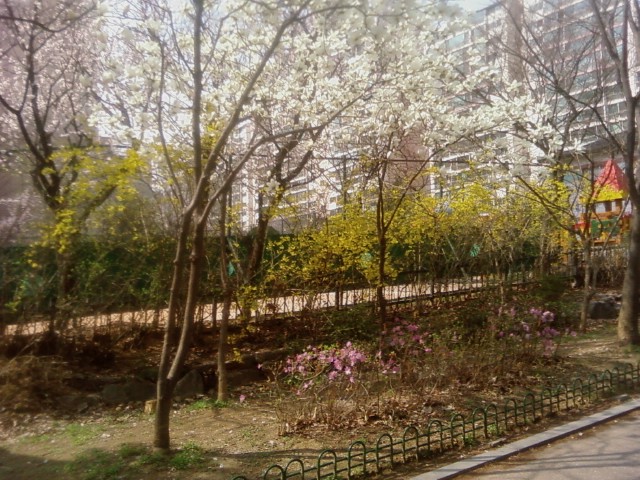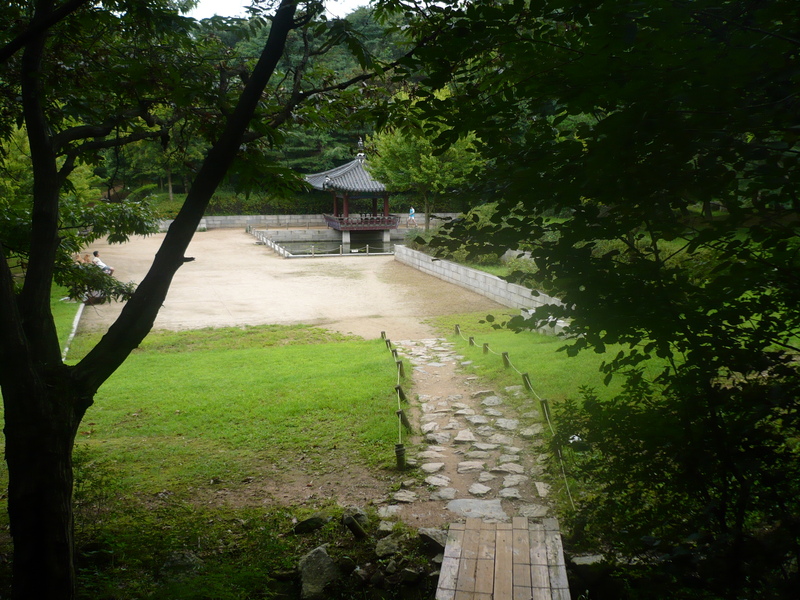The following is a fairy tale.
He parked the maroon Pontiac on the side of of highway one just north of Ragged Point, California, facing the setting sun and the vast, swarming, grey Pacific. He'd driven it down slightly into the bushes, so it wasn't entirely visible from the highway. He'd bought 100 tablets of diphenhydramine and a liter of vodka. He began swallowing the pills with swigs of vodka, and watched the sun sink into the banks of fog rolling off the sea.
He managed to swallow more than half the tablets. He went lightly with the vodka, because he didn't want to throw it all up, like that other time. This was meant to be the end.
There was a very quiet period. There was crying. Impotent anger at the world.
Then it was dark, and he felt his heart accelerating. Had minutes passed? Hours? "This is it," he muttered.
He perceived his heart beating very strongly, he began to black out, feel dizzy. Nauseated. "Shit."
He felt his lungs laboring. He was burning up. He saw nothing but blackness, he heard a buzzing. And his banging, angry heart, leaping in his chest.
He started to scream. Or would have been screaming, but his lungs were out of his control. Was he even breathing? This really was it. Death. Such a vivid experience. But… oh, and there's the white light. Let's analyze this, he thought. Let's think this through. The heart has stopped. It has? It really has. The chest is tight. He felt numbness creeping up his limbs. Shit, no heart. Really.
So what's the white light? Perfectly logical, he reflected. The brain is losing oxygen, right? So… the part of the brain farthest from the heart shuts down first, right? And that's at the back… the visual cortex. The center of the field of vision is processed at the part of the brain farthest back, farthest from the oxygen-supplying blood.
And, so… what if, logically, the "default" signal is "whiteness"–light–not darkness? Then, as the brain "died," the whiteness would spread out in a circle from the center of the field of vision, as the neurons in the visual cortex went "offline." The white light, the tunnel with the light at the end, approaching the white light… these are merely the brain trying to make sense of the fact that the visual cortex "dies" from the center outward.
Yes, he was really thinking exactly these things, as he lay dying, in the driver's seat of the maroon Pontiac parked in the bushes off of Highway One at Ragged Point.
And then he felt some kind of seizure… it was remote from his "self," because all his limbs and body felt numb. But some kind of banging. And the heart still not beating. Hasn't it been an awfully long time? The white light is so big. His brain was dying.
Always a fan of black sarcasm, he decided on his last words, to himself, as a committed agnostic. "Unto you I commend my spirit," he quipped, to a god who'd never once answered him. And only a stunning silence, at that moment, was the reply, too. But he himself spoke the next words, instead. He himself answered, "aww, fuck this. You're not done yet!"
And he felt his heart start beating wildly, and he felt his lungs gulping air, and he somehow managed to pop the door open, and roll out of the seat of the car and onto the damp, dewy grass outside and bang his head on the gravel.
And time passed. And stars were whirling overhead. And the journey began. It was the night of November 17th. He was… nowhere. On Earth. Alive? He began to walk away from Ragged Point.
Maybe not alive. He walked through a tree. He saw bench, but could not sit on it.
"I'm a ghost," he decided.
He saw some approaching headlights on the highway, and so he went down and stood in the middle of the road. The car went through him.
Definitely a ghost. Like Pedro Paramo, in Juan Rulfo's tale, he meditated. Pedro went down into Comala, and didn't know he was a ghost. He talked to the spirits he met there, including his dead father.
The man climbed a hill, passing through brambles that he didn't notice, and noticing the spirits of other dead people around him. Spirits? "Are we all dead here, together?"
Somewhere in among some trees on a hillside, he found a spaceship. And down the steps of that spaceship, he saw his uncle.
"So you're dead too?" he asked. His uncle shrugged. Said nothing. Offered nothing. Walked away down toward the highway again. He followed. It was an arduous journey. Just a month ago, he'd been on his uncle's land in Alaska, but that hadn't been the right thing to do. The wilderness was very lonely, and loneliness… oh, loneliness.
He walked for a long time.
The stars whirled in the sky. Cars and trucks passed through him. He was a ghost.
He found some other ghosts, living in a hole beside the highway. They did not talk. They were ghosts. He did not talk, either. He lay on the cold pavement and waited for something to happen. He watched the sky, and began to wonder about the voice that had spoken, so angrily, in response to his hubristic sarcasm. "You're not done yet." Done? It had been his own voice. Full of strength.
It was at this moment that he realized it was true. There was no god. It was all illusion. Wishful thinking. Having become a ghost, he ceased being agnostic, for there was no longer any need to hedge bets. A nihilistic certitude gripped him. It was a warm, comforting nihilism, such as he'd never felt before.
He remembered he'd been following his uncle. But… where had that man gone? It was hard to stand up. Hard to peel himself off of the cool pavement.
The stars whirled in the sky.
He fell down and felt a moment of pain. A moment of doubt, about his ghosthood. Ghost.
He cried, for a long time. He couldn't find his uncle.
He was a ghost.
The stars whirled in the sky.
But… the sky in the east was turning pale green, the hills of the California coast. Was he going to spend his eternity here, on the edge of the world, as an atheistic ghost?
He sat on some gravel beside the road, but no cars came by. The sun was rising. He felt cold, but not terribly.
He saw a convenience store. Because he was a ghost, he decided to go through the wall. But the wall… was solid. He sat down on his butt, and laughed. Not a ghost, after all?
Then what? Where was he? He sat on the curb in front of the convenience store, which appeared abandoned, now, in the clear morning light. There were no more spirits wandering the empty highway. A truck barreled past.
"Shit," he muttered. Still alive. Not done yet.
He stood up, and brushed dirt off his shirt. He stood beside the road, and stuck his thumb out at the next car that went by. Several cars later, a pickup truck stopped and a man asked if he was OK.
"No," he answered. "I need to get into town." He didn't make too much conversation after that, but alluded to an imaginary car problem.
The pickup truck driver dropped the man off in Cambria. He realized he'd somehow covered more than 30 miles from where he'd parked his maroon Pontiac at Ragged Point, but only 5 or so of those miles had been in the man's pickup truck. Had he walked 20-something miles among the ghosts in the night?
He called his father collect, and explained what had happened, elliptically. He bought a bus ticket to San Luis Obispo, with the last of his cash, and his father collected him there. His father took the man to the emergency room to make sure he'd survived his ordeal more or less intact. Then the father had the man committed to a "mental health facility" in Alhambra.
The man descended into a catatonic depression, then. He kept dreaming he was back at Ragged Point. But he wasn't done, yet. The November air in Southern California always smells of honeysuckle and asphalt. That's the smell of… not being done, yet.
A series of ECT sessions broke the catatonic depression. Six years of therapy and antidepressants mostly banished the darknesses that had always haunted him to the corners of his mind. He had a semi-successful career, even. But he was restless. He kept wandering.
Ten years later, he dreams about Ragged Point. About the stars whirling in the sky. Sometimes, he speculates that he is, in fact, a ghost. Still, he's not done yet.
Postscript.
I think he managed to swallow about 60 tablets. That would make well over a 1000 mg of diphenhydramine. Doses above around 800 mg are generally considered potentially fatal, and combining it with another CNS depressant such as alcohol increases risk considerably. It was not, perhaps, the simplest or most painless way to try to go, but it had been well-thought-out. A previous attempt, at a motel in Maryland, had been ill-considered and unsuccessful… too much alcohol, and not enough sleeping pills, had led to vomiting and unconsciousness, but had never had much of an actual risk of death.
The wikipedia article on diphenhydramine points out, regarding the "recreational" use of the drug, that "people who consume a high recreational dose can possibly find themselves in a hallucination which places them in a familiar situation with people and friends and rooms they know, while in reality being in a totally different setting." This correlates well with the man's experience at Ragged Point. Regarding the actual potential of death… high overdoses are generally accompanied by symptoms such as tachycardia, hyperpyrexia, and seizures, all of which the man remembers vividly.
Speculation on the part of the hospital intake staff the next day was that he'd induced a minor heart attack in himself. Whether his memory of his heart actually stopping was a hallucination or a real experience is anyone's guess, but it does match well with the expected profile of an overdose at the level he attempted; wikipedia says, "considerable overdosage can lead to myocardial infarction (heart attack)."










